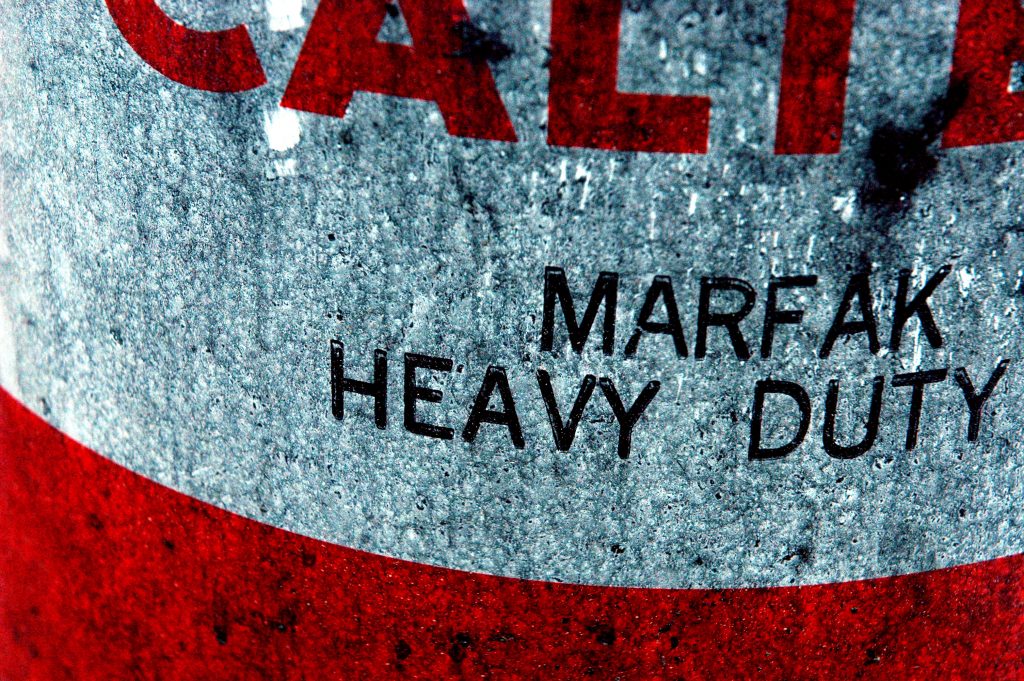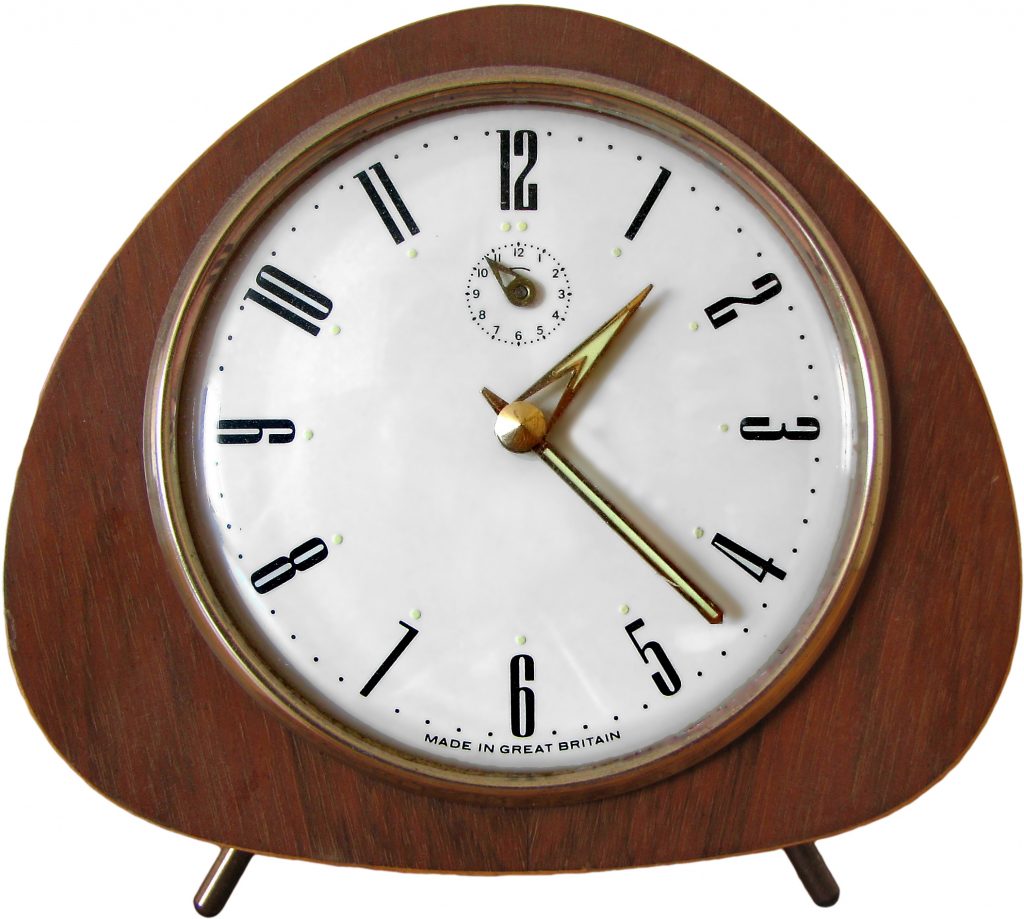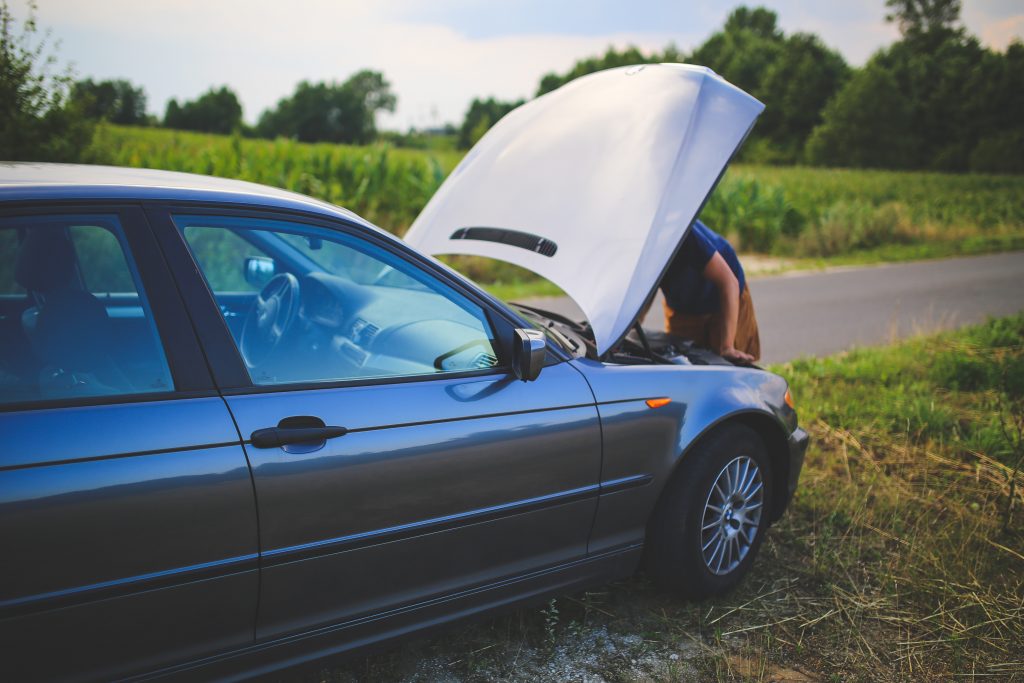 Grease is often used to make foods easy to remove from pans and baking sheets. It creates a slippery, smooth surface that allows most foods to slide right out of the pan. Unfortunately, when grease meets a wood floor, humans walking over can slide around as well. Sharon Tomlinson found this out the hard way as a waitress led her to a table in a Daisy Dukes restaurant in May of 2011. It is believed that airborne grease particles settled on the floor, causing Mrs. Tomlinson to fall and injure her knee when she stepped off of a commercial rug and onto the allegedly greasy floor.
Grease is often used to make foods easy to remove from pans and baking sheets. It creates a slippery, smooth surface that allows most foods to slide right out of the pan. Unfortunately, when grease meets a wood floor, humans walking over can slide around as well. Sharon Tomlinson found this out the hard way as a waitress led her to a table in a Daisy Dukes restaurant in May of 2011. It is believed that airborne grease particles settled on the floor, causing Mrs. Tomlinson to fall and injure her knee when she stepped off of a commercial rug and onto the allegedly greasy floor.
Mrs. Tomlinson filed a lawsuit in 2012 against Daisy Dukes and their insurer, Landmark (“Defendants”), for the slip and fall accident. She also filed a spoliation claim alleging the restaurant failed to preserve relevant evidence, such as security camera footage. Denying liability, Daisy Dukes and Landmark moved for summary judgment on both claims, arguing that Mrs. Tomlinson could not produce evidence showing anything was on the floor that contributed to her accident. Louisiana state law puts the burden of proving three different factors, including this one, on the plaintiff (Mrs. Tomlinson). La. R.S. 9:2800.6. Thus, Defendants argued, there were no genuine issues of material fact, and they were entitled to summary judgment as a matter of law. The trial court agreed and found Mrs. Tomlinson did not meet her burden of proof. The trial court also granted summary judgment against Mrs. Tomlinson on her spoliation claim for the same reasons.
Summary judgment is appropriate when there is no issue of material fact from which a jury could find for the non-moving party. See Bilbe v. Foster, 176 So.3d 542 (La. Ct. App. 2015). Here, that means Defendants had to show there were no issues of material fact that could lead a jury to conclude Defendants were liable for the slip and fall injuries. Even without direct evidence, a plaintiff may satisfy their burden of proof with circumstantial evidence as long as it excludes every reasonable alternative cause for the accident, but the trial court found Mrs. Tomlinson could show neither direct or circumstantial evidence. The appellate court did not agree and reversed that decision.
 Louisiana Personal Injury Lawyer Blog
Louisiana Personal Injury Lawyer Blog


 Generally, citizens are not held to criminal standards that do not yet exist. When a citizen takes action, he or she is held to the criminal standards in place at the time of the act. To retroactively apply criminal laws is impermissible because that application tends to violate principles of fairness and due process.
Generally, citizens are not held to criminal standards that do not yet exist. When a citizen takes action, he or she is held to the criminal standards in place at the time of the act. To retroactively apply criminal laws is impermissible because that application tends to violate principles of fairness and due process. Contracts between parties working toward a common goal can sometimes result in detail-oriented litigation when something goes wrong. When those parties need to subcontract with a third party, the responsibility for that third party if something goes wrong can be a point of contention.
Contracts between parties working toward a common goal can sometimes result in detail-oriented litigation when something goes wrong. When those parties need to subcontract with a third party, the responsibility for that third party if something goes wrong can be a point of contention. Dot your i’s and cross your t’s. We’ve heard it since kindergarten. Yet, sometimes it is easy to forget the basics when a case seems to be open-and-shut.
Dot your i’s and cross your t’s. We’ve heard it since kindergarten. Yet, sometimes it is easy to forget the basics when a case seems to be open-and-shut.  The bond between people and their dogs can be one as close as family. Whether they serve as pets, guides, or even co-workers, dogs can provide a type of comfort and comradeship that is completely unique. It is sometimes easy to forget that dogs are animals that can chase, scratch, and even bite on a moment’s notice. While most people don’t like to believe that their canine companions would hurt others, many dogs—even the most docile or trained—are capable of causing harm quickly, and it is important to know how to handle these situations. This issue was explored in a case appealed to the Louisiana First Circuit Court of Appeal after an incident at Louisiana State University.
The bond between people and their dogs can be one as close as family. Whether they serve as pets, guides, or even co-workers, dogs can provide a type of comfort and comradeship that is completely unique. It is sometimes easy to forget that dogs are animals that can chase, scratch, and even bite on a moment’s notice. While most people don’t like to believe that their canine companions would hurt others, many dogs—even the most docile or trained—are capable of causing harm quickly, and it is important to know how to handle these situations. This issue was explored in a case appealed to the Louisiana First Circuit Court of Appeal after an incident at Louisiana State University. A common litigation tactic for plaintiffs is to bring cases in federal court to obtain greater damage awards. However, a plaintiff must have a viable claim under federal law or their case will be dismissed by the federal district court for lack of jurisdiction.
A common litigation tactic for plaintiffs is to bring cases in federal court to obtain greater damage awards. However, a plaintiff must have a viable claim under federal law or their case will be dismissed by the federal district court for lack of jurisdiction. Worker’s compensation (WC) is a system designed to compensate workers for injuries that occur on the job. The system also helps to spread the risk of loss among numerous employers, similar to an insurance arrangement that employers pay into. Still, employers have an interest in ensuring that WC claims are valid in order to keep overall costs down. As a result, WC cases can lead to bitter disputes between workers and their employers.
Worker’s compensation (WC) is a system designed to compensate workers for injuries that occur on the job. The system also helps to spread the risk of loss among numerous employers, similar to an insurance arrangement that employers pay into. Still, employers have an interest in ensuring that WC claims are valid in order to keep overall costs down. As a result, WC cases can lead to bitter disputes between workers and their employers.  Under Louisiana law, an owner of a building is not necessarily responsible for all injuries resulting from any risk posed by the building. Owners are only responsible for those injuries caused by defective conditions, and courts have recognized that defendants have no general duty to protect against hazards that are “open and obvious.” The logic behind this approach is that when a risk is open and obvious to everyone, the probability of injury is low. As a result, the owner of the premises is not required to go to the trouble and expense of fixing the condition that could be easily avoided by prudent persons.
Under Louisiana law, an owner of a building is not necessarily responsible for all injuries resulting from any risk posed by the building. Owners are only responsible for those injuries caused by defective conditions, and courts have recognized that defendants have no general duty to protect against hazards that are “open and obvious.” The logic behind this approach is that when a risk is open and obvious to everyone, the probability of injury is low. As a result, the owner of the premises is not required to go to the trouble and expense of fixing the condition that could be easily avoided by prudent persons. Louisiana citizens interact with contract law every day, in many cases without even realizing it. Whether buying groceries at a supermarket with a credit card or installing a new iPhone app, countless purchases are governed by consumer agreements. What may be even less known to purchasers is that many of these agreements include an arbitration clause, which provides that any disputes arising out of that agreement must be handled by an arbitrator rather than a court. Arbitration is a form of “alternative dispute resolution” in which an arbitrator — typically a certified attorney — evaluates the parties’ claims and renders a binding decision as to who should prevail. In general, companies prefer arbitration because it costs less than litigation. But because the rules of arbitration can vary significantly from the rules of court, the consumer does not always benefit from being kept away from the courthouse. The validity of arbitration clauses is a common point of contention. Although Louisiana generally favors arbitration, the legislature has enacted the Louisiana Arbitration Act (“LLA”) (
Louisiana citizens interact with contract law every day, in many cases without even realizing it. Whether buying groceries at a supermarket with a credit card or installing a new iPhone app, countless purchases are governed by consumer agreements. What may be even less known to purchasers is that many of these agreements include an arbitration clause, which provides that any disputes arising out of that agreement must be handled by an arbitrator rather than a court. Arbitration is a form of “alternative dispute resolution” in which an arbitrator — typically a certified attorney — evaluates the parties’ claims and renders a binding decision as to who should prevail. In general, companies prefer arbitration because it costs less than litigation. But because the rules of arbitration can vary significantly from the rules of court, the consumer does not always benefit from being kept away from the courthouse. The validity of arbitration clauses is a common point of contention. Although Louisiana generally favors arbitration, the legislature has enacted the Louisiana Arbitration Act (“LLA”) ( Imagine you are driving home from work and you collide with another vehicle. Would your employer be liable for the damages? For most commuters, the employer is not accountable for any accidents that occur on the way to or from the place of work and the employee’s residence. But in certain cases, such as where an employee is traveling with a specific business purpose under the direction of the employer, the employer may be on the hook under a theory known as vicarious liability. Effectively, vicarious liability holds an employer liable for an employee’s negligence when the employee is acting within the scope of the employer’s business.
Imagine you are driving home from work and you collide with another vehicle. Would your employer be liable for the damages? For most commuters, the employer is not accountable for any accidents that occur on the way to or from the place of work and the employee’s residence. But in certain cases, such as where an employee is traveling with a specific business purpose under the direction of the employer, the employer may be on the hook under a theory known as vicarious liability. Effectively, vicarious liability holds an employer liable for an employee’s negligence when the employee is acting within the scope of the employer’s business.